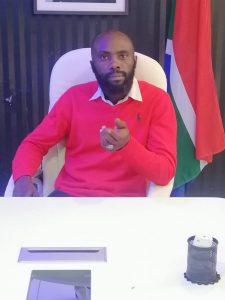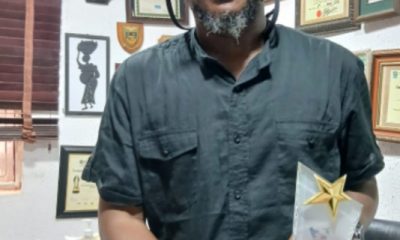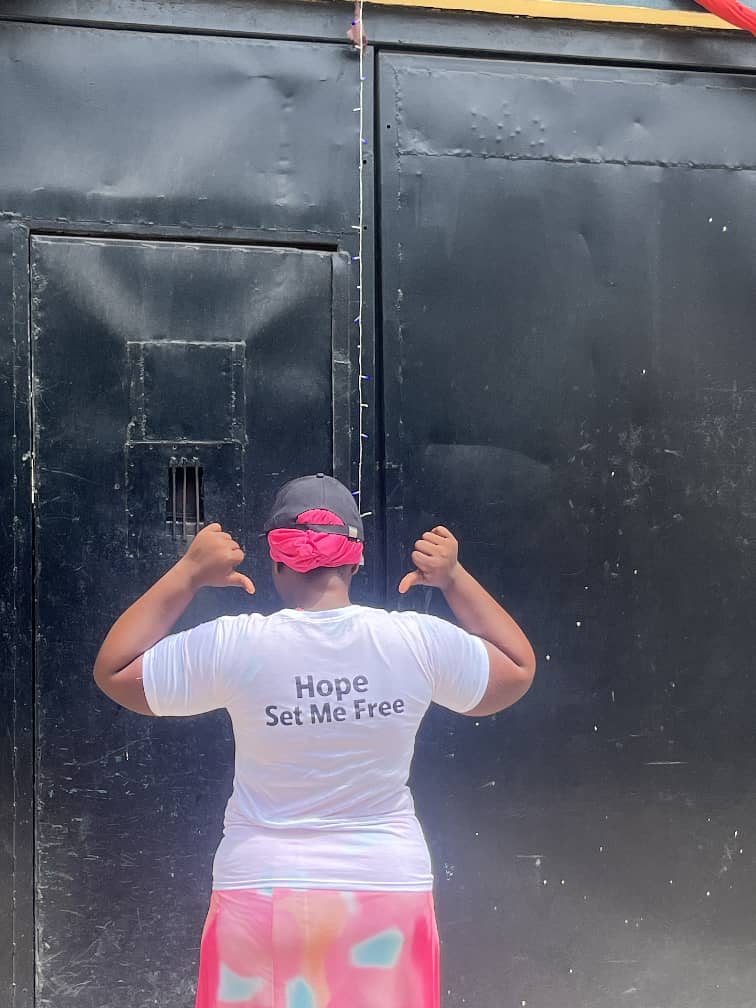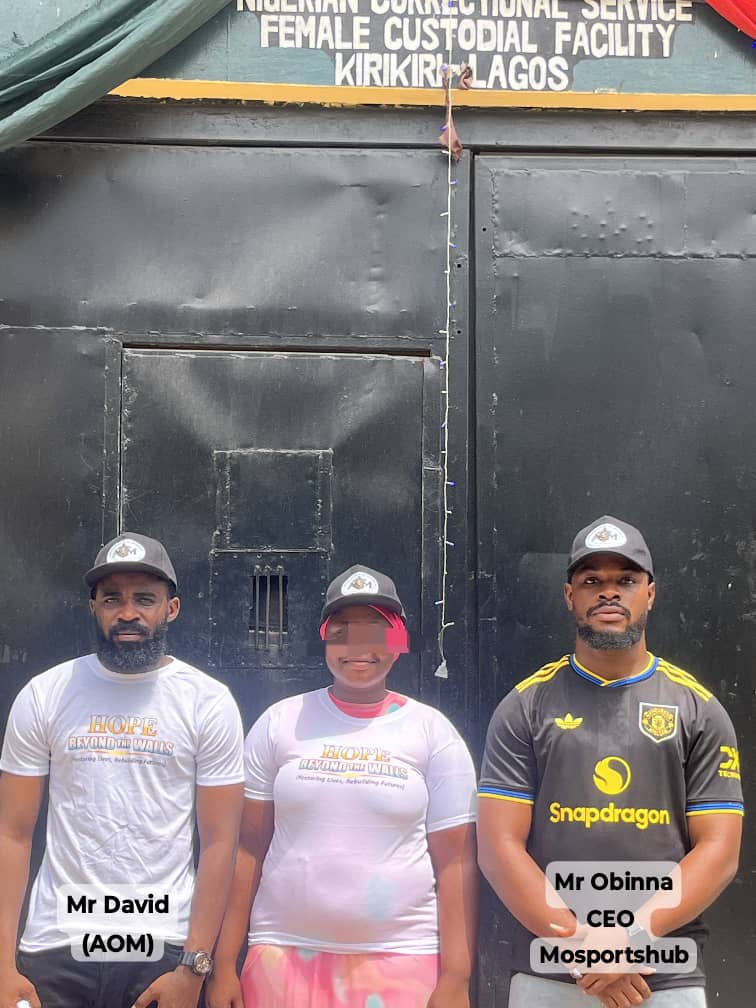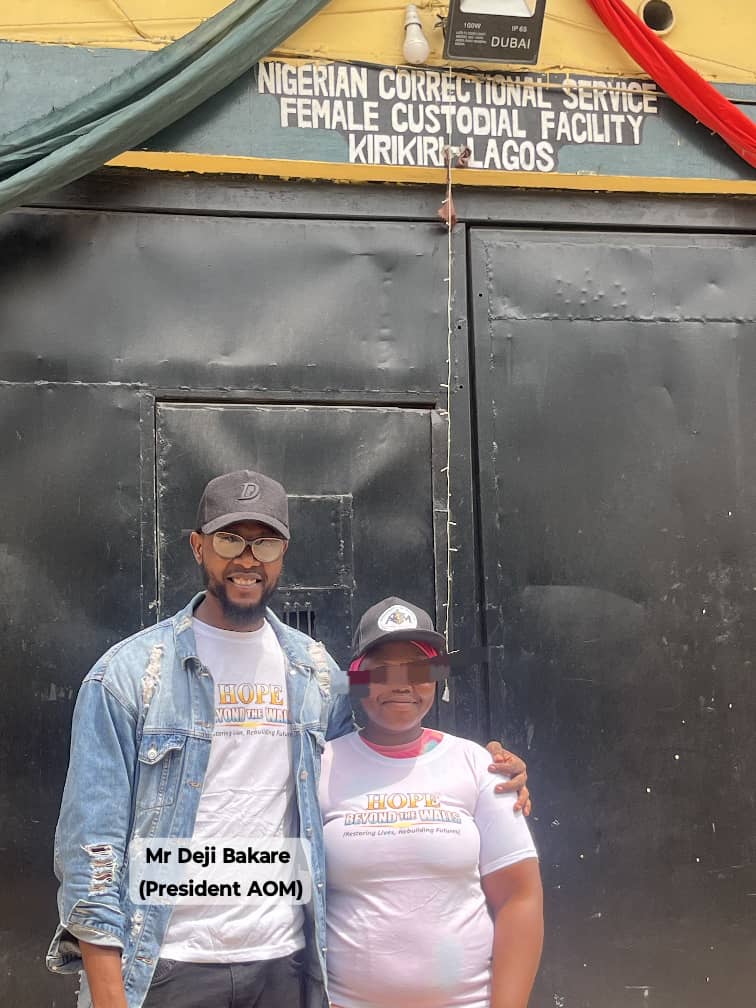society
The Time for Youth Leadership in Nigeria: A Call for Change
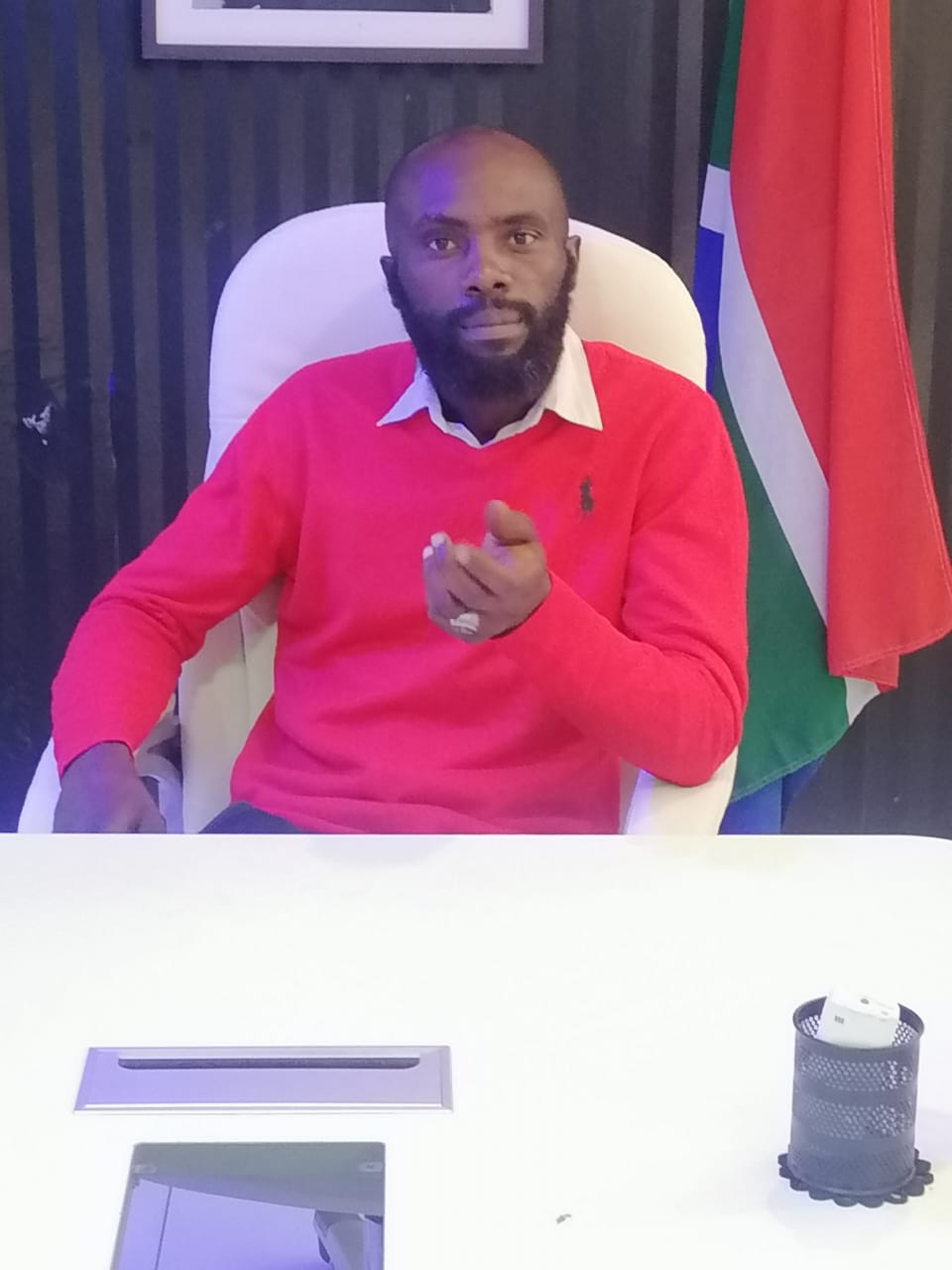
The Time for Youth Leadership in Nigeria: A Call for Change
By George Omagbemi Sylvester
For decades, the promise of youth leadership has echoed throughout Nigeria. Leaders, past and present, have assured young Nigerians that they are the “leaders of tomorrow.” However, that tomorrow remains elusive. A striking example is former President Olusegun Obasanjo. During his military regime in the late 1970s, he told students, “Children, listen to your teachers, as you are the future leaders of tomorrow.” Yet, decades later, he returned as a civilian president, while many from that youth generation remained excluded from meaningful leadership roles. This raises an essential question: When will tomorrow arrive for Nigeria’s young generation?
The Age-Long Marginalization of Youth in Nigerian Politics
Nigeria’s political landscape has long been dominated by the older generation, leaving little room for young leaders to emerge. Despite being a country where over 60% of the population is under 30, power remains concentrated in the hands of individuals in their 60s, 70s, and even 80s. The gerontocratic nature of the system stifles the political aspirations of young people eager to contribute fresh perspectives, innovative ideas, and progressive policies.
This issue is not unique to Nigeria. Across Africa, youth exclusion in governance is a persistent challenge. However, global examples prove that young people can lead effectively when given the opportunity.
Global Examples of Youth Leadership
In contrast to Nigeria’s political structure, several nations have embraced young leaders, demonstrating that competence is not age-dependent. A prime example is France’s Emmanuel Macron, who became president at just 39 years old, signaling a shift in the French political landscape. Similarly, New Zealand’s Jacinda Ardern assumed office as Prime Minister at 37, bringing a fresh approach to governance.
Even within Africa, there have been promising strides. In 2018, Ethiopia’s Abiy Ahmed became Prime Minister at 42, making significant progress in economic reform, diplomacy, and youth inclusion. Yet, Nigeria remains a country where young politicians face systemic barriers that keep them out of power.
Challenges Hindering Youth Leadership in Nigeria
Age Restrictions and Political Barriers
Until the passing of the Not Too Young to Run bill in 2018, Nigeria’s constitution had prohibitive age limits for elective positions. While the bill lowered the minimum age for candidacy, systemic obstacles persist, including party-dominated nomination processes that favor older politicians.
Economic Disempowerment
Politics in Nigeria is heavily monetized, making it difficult for young aspirants without substantial financial backing to compete. The high costs associated with electioneering, from party nomination forms to campaign expenses, serve as major deterrents.
Godfatherism and Political Gatekeeping
The entrenched culture of political godfatherism means young aspirants must align with older, more established figures, often at the cost of their independence and potential for genuine change.
Voter Apathy and Disillusionment
Decades of electoral fraud, manipulation, and unfulfilled promises have led to widespread disillusionment among young voters, resulting in low participation rates that further marginalize them from political processes.
Lack of Political Education and Mentorship
Many young people possess the passion for leadership but lack the necessary training and mentorship to navigate the complexities of governance effectively. Without proper political education, their potential remains underutilized.
The Path Forward: How Young Nigerians Can Take Charge
Active Political Participation
Young people must move beyond political discourse and actively engage by voting, contesting for office, and holding leaders accountable. The 2023 elections witnessed a surge in youth political consciousness—a trend that must be sustained.
Strengthening Youth Movements and Advocacy Groups
Organizations such as the Not Too Young to Run movement have demonstrated the power of collective action. Young people should build and support more platforms advocating for their political inclusion.
Economic Empowerment and Entrepreneurship
By achieving financial independence through entrepreneurship and business development, young people can reduce their reliance on political godfathers and finance their own political ambitions.
Leveraging Technology and Social Media
Digital platforms are powerful tools for political mobilization, advocacy, and engagement. Nigerian youths have successfully used social media to influence governance, as seen during the #EndSARS protests. This energy should be channeled toward sustainable political change.
Demanding Policy Reforms
Advocating for policies that promote youth inclusion in governance—such as lowering the cost of political participation and ensuring fair electoral practices—remains crucial.
Voices on Youth Leadership and Change
Many influential figures have emphasized the necessity of youth leadership:
Barack Obama: “The world is changing, but progress depends on young people who are determined to make a difference.”
Malala Yousafzai: “Let us make our future now, and let us make our dreams tomorrow’s reality.”
Nelson Mandela: “The youth of today are the leaders of tomorrow.”
Kwame Nkrumah: “Africa needs a new kind of citizen, a dedicated, modest, honest, informed man. A man who submerges self in service to the nation and mankind.”
A Defining Moment for Nigeria’s Youth
The notion that young people are the leaders of tomorrow must transcend rhetoric and become a reality. While significant barriers exist, Nigerian youth possess the potential, creativity, and resilience to lead their country into a new era. The examples of young leaders across the globe prove that youth leadership is not an aspiration but a necessity.
Nigeria must break away from the cycle of recycled leadership and embrace a future where young voices shape the nation’s destiny. The time for change is not in some distant future—it is now. Nigeria’s young generation must rise, organize, and demand their rightful place in the corridors of power. Only through active engagement, persistent advocacy, and fearless ambition can the promise of youth leadership finally be fulfilled.
society
Viral “Chat With God” Claim Targeting Kenyan Prophet David Owuor Proven False

Viral “Chat With God” Claim Targeting Kenyan Prophet David Owuor Proven False
By George Omagbemi Sylvester, SaharaWeeklyNG
“Viral screenshot sparks national controversy as the Ministry of Repentance and Holiness dismisses fabricated “divine” WhatsApp exchange, raising urgent questions about faith, digital misinformation, and religious accountability in Kenya.”
A sensational social media claim that Kenyan evangelist Prophet Dr. David Owuor displayed a WhatsApp conversation between himself and God has been definitively debunked as misinformation, sparking national debate over digital misinformation, religious authority and faith-based claims in Kenya.
On February 18–19, 2026, an image purporting to show a WhatsApp exchange between a deity and Prophet Owuor circulated widely on Twitter, Facebook, WhatsApp groups and TikTok. The screenshot, allegedly shared during one of his sermons, was interpreted by many as illustrating unprecedented direct communication with the divine delivered through a mainstream messaging platform; a claim that, if true, would have broken new ground in how religious revelation is understood in contemporary society.
However, this narrative quickly unraveled. Owuor’s Ministry of Repentance and Holiness issued an unequivocal public statement calling the image “fabricated, baseless and malicious,” emphasizing that he has never communicated with God through WhatsApp and has not displayed any such digital conversation to congregants. The ministry urged the public and believers to disregard and stop sharing the image.
Independent analysis of the screenshot further undermined its credibility: timestamps in the image were internally inconsistent and the so-called exchange contained chronological impossibilities; clear indicators of digital fabrication rather than an authentic conversation.
This hoax coincides with rising scrutiny of Owuor’s ministry. Earlier in February 2026, national broadcaster TV47 aired an investigative report titled “Divine or Deceptive”, which examined alleged “miracle healing” claims associated with Owuor’s crusades, including assertions of curing HIV and other chronic illnesses. Portions of that investigation suggested some medical documentation linked to followers’ health outcomes were fraudulent or misleading, intensifying debate over the intersection of faith and public health.
Credible faith leaders have weighed in on the broader context. Elias Otieno, chairperson of the National Council of Churches of Kenya (NCCK), recently urged that “no religious leader should replace God or undermine medicine,” affirming a widely accepted Christian understanding that divine healing does not supplant established medical practice. He warned against unverified miracle claims that may endanger lives if believers forego medical treatment.
Renowned communications scholar Professor Pippa Norris has noted that in digital societies, “religious authority is increasingly contested in the public sphere,” and misinformation (intentional or accidental) can quickly erode trust in both religious and secular institutions. Such dynamics underscore the importance of rigorous fact-checking and responsible communication, especially when claims intersect profoundly with personal belief and public well-being.
In sum, the viral WhatsApp chat narrative was not a revelation from the divine but a striking example of how misinformation can exploit reverence for religious figures. Owuor’s swift repudiation of the false claim and broader commentary from established church bodies, underline the ongoing challenge of balancing deeply personal faith experiences with the evidence-based scrutiny necessary in a digitally connected world.
society
HOPE BEYOND THE WALLS 2026: ASSOCIATION OF MODELS SUCCESSFULLY SECURES RELEASE OF AN INMATE, CALLS FOR CONTINUED SUPPORT
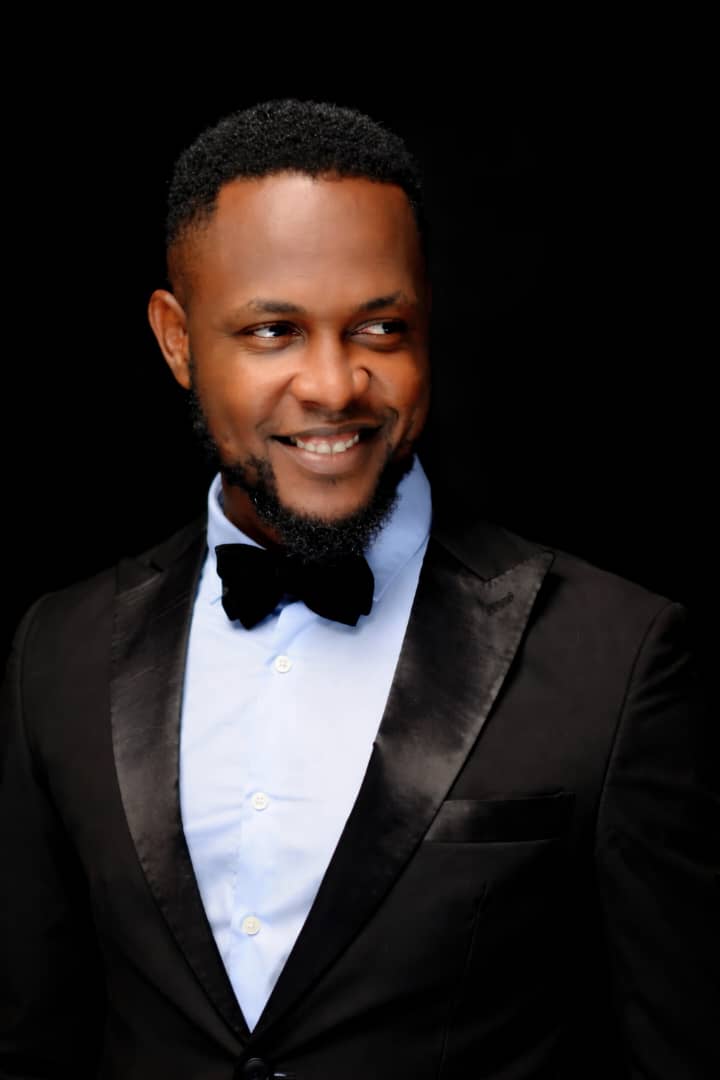
HOPE BEYOND THE WALLS 2026: ASSOCIATION OF MODELS SUCCESSFULLY SECURES RELEASE OF AN INMATE, CALLS FOR CONTINUED SUPPORT
The Association of Models (AOMNGO) proudly announces the successful completion of the first edition of Hope Beyond the Walls 2026, a humanitarian initiative dedicated to restoring hope and freedom to deserving inmates.
Despite enormous challenges, financial pressure, emotional strain, and operational stress, the organization remained committed to its mission. Through perseverance, faith, and collective support, one inmate has successfully regained freedom a powerful reminder that hope is stronger than circumstance.
This milestone did not come easily.
Behind the scenes were weeks of coordination, advocacy, fundraising, documentation, and intense engagement. There were moments of uncertainty, but the determination to give someone a second chance kept the vision alive.
Today, the Association of Models gives heartfelt appreciation to all partners and sponsors, both locally and internationally, who stood with us mentally, financially, morally, and physically.
Special Recognition and Appreciation To:
Correctional Service Zonal Headquarters Zone A Ikoyi
Esan Dele
Ololade Bakare
Ify
Kweme
Taiwo & Kehinde Solagbade
Segun
Mr David Olayiwola
Mr David Alabi
PPF Zion International
OlasGlam International
Razor
Mr Obinna
Mr Dele Bakare (VOB International)
Tawio Bakare
Kehinde Bakare
Hannah Bakare
Mrs Doyin Adeyemi
Shade Daniel
Mr Seyi United States
Toxan Global Enterprises Prison
Adeleke Otejo
Favour
Yetty Mama
Loko Tobi Jeannette
MOSES OLUWATOSIN OKIKIADE
Moses Okikiade
(Provenience Enterprise)
We also acknowledge the numerous businesses and private supporters whose names may not be individually mentioned but whose contributions were instrumental in achieving this success.
Your generosity made freedom possible.
A CALL TO ACTION
Hope Beyond the Walls is not a one-time event. It is a movement.
There are still many deserving inmates waiting for a second chance individuals who simply need financial assistance, legal support, and advocacy to reunite with their families and rebuild their lives.
The Association of Models is therefore calling on:
Corporate organizations
Local and international sponsors
Philanthropists
Faith-based organizations
Community leaders
Individuals with a heart for impact
to partner with us.
Our vision is clear:
To secure the release of inmates regularly monthly, quarterly, or during special intervention periods through structured support and transparent collaboration.
HOW TO SUPPORT
Interested partners and supporters can reach out via
Social Media: Official Handles Hope In Motion
Donations and sponsorship inquiries are welcome.
Together, we can turn difficult stories into testimonies of restoration.
ABOUT AOMNGO
The Association of Models (AOMNGO) is a humanitarian driven organization committed to advocacy, empowerment, and social impact. Through projects like Hope Beyond the Walls, the organization works tirelessly to restore dignity and create opportunities for individuals seeking a second chance.
“When we come together, walls fall and hope rises.”
For media interviews, partnerships, and sponsorship discussions, please contact the Association of Models directly.
society
SENATOR ADEOLA YAYI REGISTERS 4000 JAMB CANDIDATES
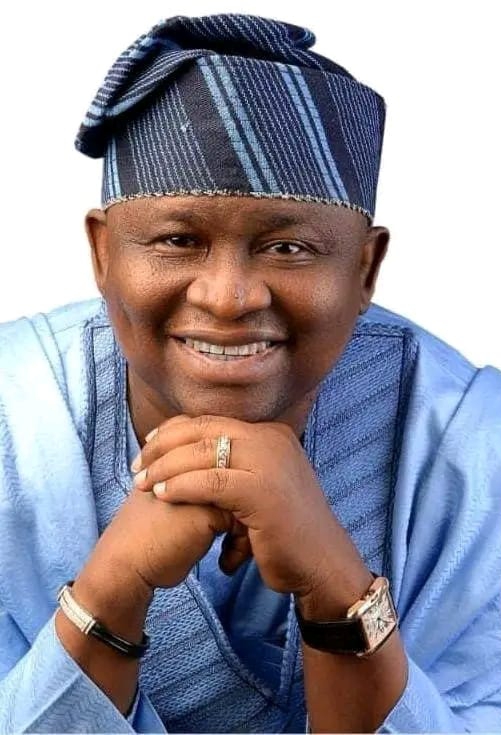
SENATOR ADEOLA YAYI REGISTERS 4000 JAMB CANDIDATES
In continuation of his educational support initiatives and following established tradition, Senator Solomon Adeola (APC,Ogun West) has successfully paid for and enrolled 4000 indigent students for the 2026 Joint Admission Matriculation Board(JAMB) examination.
According to a release e-signed and made available to members of the League of Yewa-Awori Media Practitioners (LOYAMP) by High Chief Kayode Odunaro, Media Adviser to Senator Adeola and shared with (your mediu), the programme financed by the senator under the “SEN YAYI FREE JAMB 2026” ended on Saturday , February 21, 2026, with a total of 4000 candidates successfully enrolled with their PINs provided.
Commenting on the success of the programme, Senator Adeola said the programme is another leg of his personal educational empowerment for indigent but brilliant citizens preparatory to his scholarship and bursary facilitation for tertiary education institutions’ students.
“As far as I can help it, none of our children will miss educational opportunities arising out of adverse economic predicament of their parents or guardians”, he stated.
Successful candidates cut across all the three senatorial districts of Ogun State with 2183 coming from Ogun West, 1358 coming from Ogun Central and 418 from Ogun East.
Some of the candidates that applied and are yet to get their PINs due wrong information supplied in their profiles and being underage as discovered by JAMB and other reasons are being further assisted to see the possibility of getting their PINs.
The Free JAMB programme of the Senator that has been running for years is well received by appreciative beneficiaries and their parents.
Alhaji Suara Adeyemi from Ipokia Local Government whose daughter successfully got her PIN in the programme said the Senator’s gesture was a welcome financial relief for his family at this period after payment of numerous school fees of other siblings of the beneficiary seeking admission to higher institution.
Also posting on the social media handle of the Senator, a beneficiary Mr. Henry Olaitan, from Odeda LGA said that he would have missed doing the entry examination as his guardian cannot afford the fees for himself and two of his children.
-

 celebrity radar - gossips6 months ago
celebrity radar - gossips6 months agoWhy Babangida’s Hilltop Home Became Nigeria’s Political “Mecca”
-

 society6 months ago
society6 months agoPower is a Loan, Not a Possession: The Sacred Duty of Planting People
-

 society5 months ago
society5 months agoReligion: Africa’s Oldest Weapon of Enslavement and the Forgotten Truth
-

 news6 months ago
news6 months agoTHE APPOINTMENT OF WASIU AYINDE BY THE FEDERAL GOVERNMENT AS AN AMBASSADOR SOUNDS EMBARRASSING

